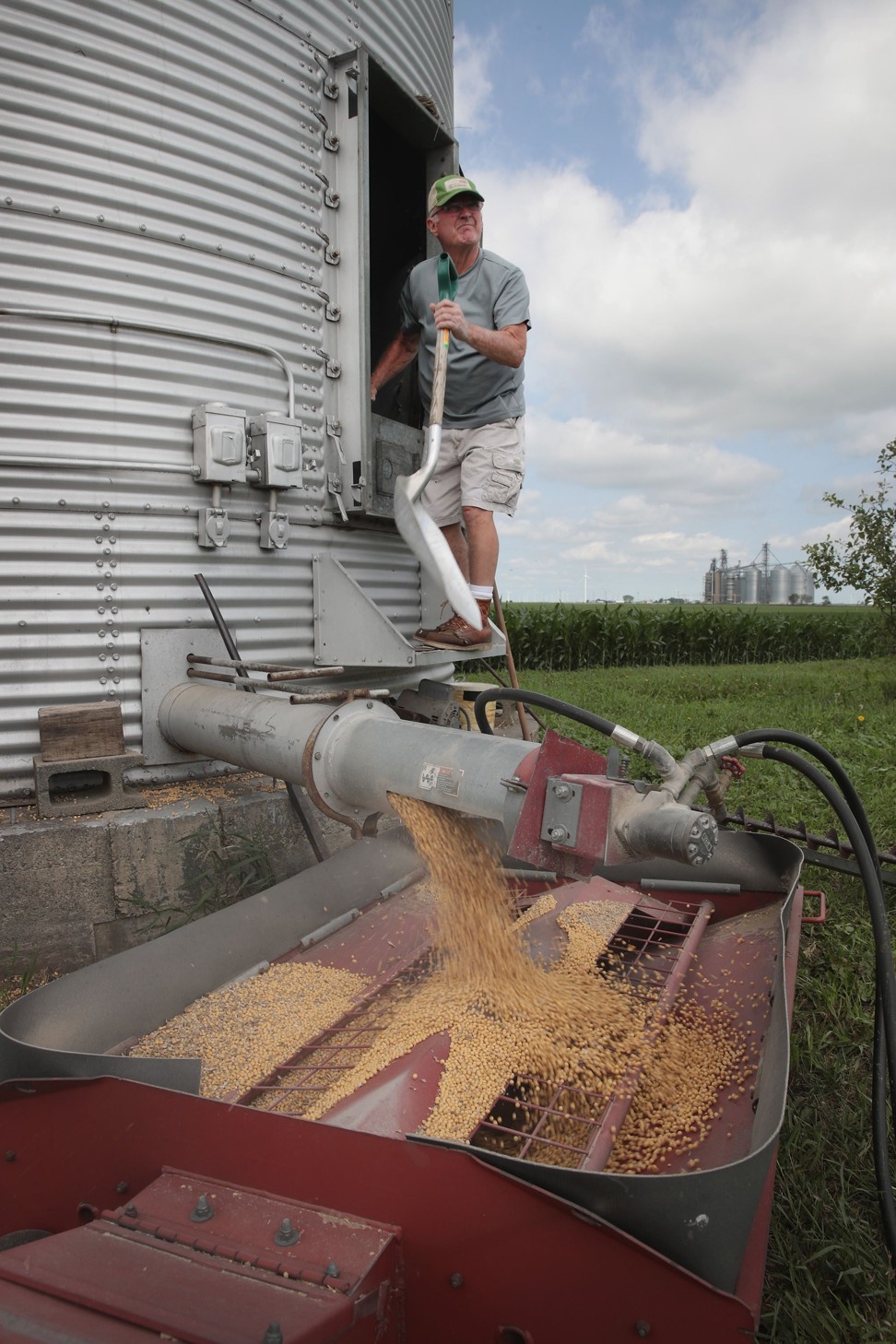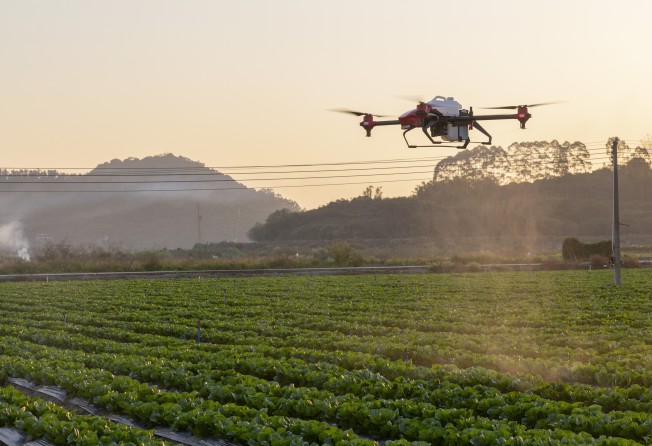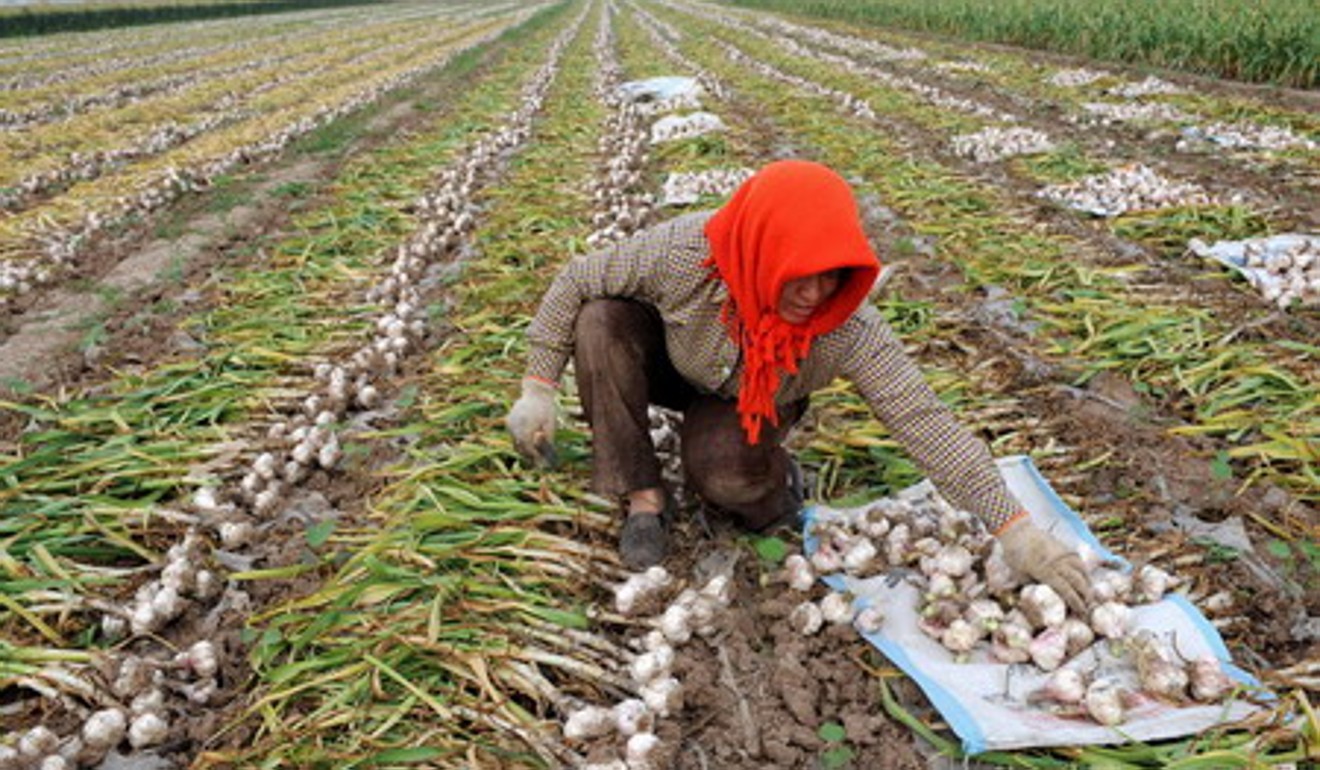
In trade war talks, China may want US agricultural imports, but what it needs is food security
- Washington and Beijing should know that a deal to end the trade war that increases Chinese reliance on US agriculture and US farmers’ dependence on Chinese markets is actually a lose-lose

Food security, economics and geopolitics go hand in hand. With China and the United States purportedly closing in on a settlement of the current trade war, sections pertaining to agricultural products will surely loom large in any final deal. But Beijing should not become overdependent on US farmers. Nor should Washington get too reliant on China as a market for its agricultural exports.
China needs to import a lot of food. It needs to feed almost a quarter of humanity but has only 7 per cent of the world’s total farmland. The combined requirements of urban expansion and industrialisation only put further pressure on the size of its agricultural land bank.
Data for 2017, released last year by the Ministry of Natural Resources, measured China’s total arable land at 134.86 million hectares (333.25 million acres), down by 60,900 hectares (150,490 acres) from 2016. At the same time, land used for construction increased by 534,400 hectares (1.32 million acres) in 2017 to reach 39.59 million hectares (98 million acres).
Environmental damage caused by the rapid pace of industrialisation has adversely affected the food-producing capabilities of some areas.
On the face of it, it would make perfect sense for Beijing to help address Washington’s concerns about the US trade deficit with China by agreeing to buy even greater volumes of US grain and other farm products.
But Beijing understands the importance of food security. On a visit to Heilongjiang province last September, President Xi Jinping made the point that China must “depend on itself for food supply”.
In reality, China recognises the necessity to import food while seeking to avoid too much dependency on any single supplier.
In 2016, the Obama administration made a complaint to the World Trade Organisation (WTO) that the way China applies its import quotas on grain limited US farmers’ access. Last week, the WTO upheld that complaint.
It remains to be seen whether the WTO ruling, perhaps in tandem with a negotiated US-China trade deal, results in much larger volumes of US grain exports to China, but Beijing is likely to wish to avoid becoming overreliant on imported US farm products.
China’s policymakers will be fully aware that back in the 1980s, the United States targeted the food security of the USSR, initiating a partial grain embargo, following the Soviet Union’s invasion of Afghanistan in 1979, while still adhering to the terms of the long-term agricultural agreement signed by Washington and Moscow in 1975.
Under that agreement, which did not expire until September 1981, the Soviet Union contracted to buy at least 6 million metric tonnes of US corn and wheat per annum, but with the right to increase that yearly purchase to 8 million metric tonnes in total without the need for further consultations.

When US president Jimmy Carter signed an executive order in January 1980 placing a partial embargo on US grain sales to the Soviet Union, the agricultural agreement was exempted.
Yet, as evidenced in a document partly declassified by the CIA in November 2011, a February 1981 background paper on the grain embargo, produced for the Reagan administration, shows “the partial grain embargo was imposed in January 1980 as the centrepiece of a sanctions package designed to impose significant costs on the USSR in retaliation for its invasion of Afghanistan”.
Beijing may well conclude that over-reliance on the US as a source of food imports is inconsistent with China’s long-term interests
Ronald Reagan, though no friend of the USSR, rescinded Carter’s order in April 1981, having argued during his election campaign that Soviet success in accessing alternative supplies meant that the only real losers from the partial grain embargo were US farmers.
In reality, having seen that Washington was prepared to target the USSR’s food security, Moscow subsequently sought to avoid over-dependency on US grain, even though the long-term agricultural agreement itself continued to be renewed at regular intervals.
In 2019, China’s decision to respond to US trade sanctions by limiting some purchases of US agricultural products had an adverse impact on the US farm sector and has arguably focused minds in the Trump administration, as trade negotiations have progressed.
Provisions covering agriculture will necessarily form a prominent part of any China-US trade deal but neither side, although for different reasons, may wish to encourage too much co-dependency in this area.
Beijing may well conclude that over-reliance on the United States, as a source of food imports, is inconsistent with China’s long-term interests. Food security matters.
Neal Kimberley is a commentator on macroeconomics and financial markets